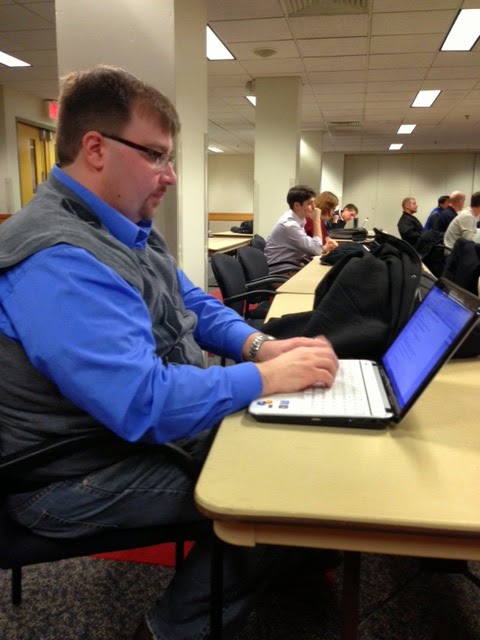In the increasingly global marketplace, international business is a vital expertise for professionals in almost any industry.
 The MBA graduate certificate in International Business Management gives professionals the tools necessary to navigate differing business practices, laws and currencies across borders. Dennis Karney, a professor in international business and the faculty coordinator for the certificate, said he believes international business is the norm and that true domestic business is essentially extinct.
The MBA graduate certificate in International Business Management gives professionals the tools necessary to navigate differing business practices, laws and currencies across borders. Dennis Karney, a professor in international business and the faculty coordinator for the certificate, said he believes international business is the norm and that true domestic business is essentially extinct.
“We live in this world dominated by difference,” Karney said. “Difference is increasing. Borders are disappearing when it comes to trade. There are more and more players involved, countries involved.”
The International Business Management certificate offers MBA students the opportunity to specialize while pursuing an MBA. It also offers professionals that aren't seeking an MBA the opportunity to expand their skills without committing to a full degree. Karney said the certificate tells employers that the student or professional has acquired additional skills in a concentrated area.
“It’s an identified, concentrated body of knowledge that let’s you go beyond the kind of stuff covered in basic courses,” he said.
The certificate includes five classes for a total of ten credit hours. Students study international business strategy, cross-cultural management and business practices in foreign countries, international finance, human resources management and global marketing.
Apply for fall 2014 by July 15. Learn more at MBAcert.ku.edu.
by Allison Kite







